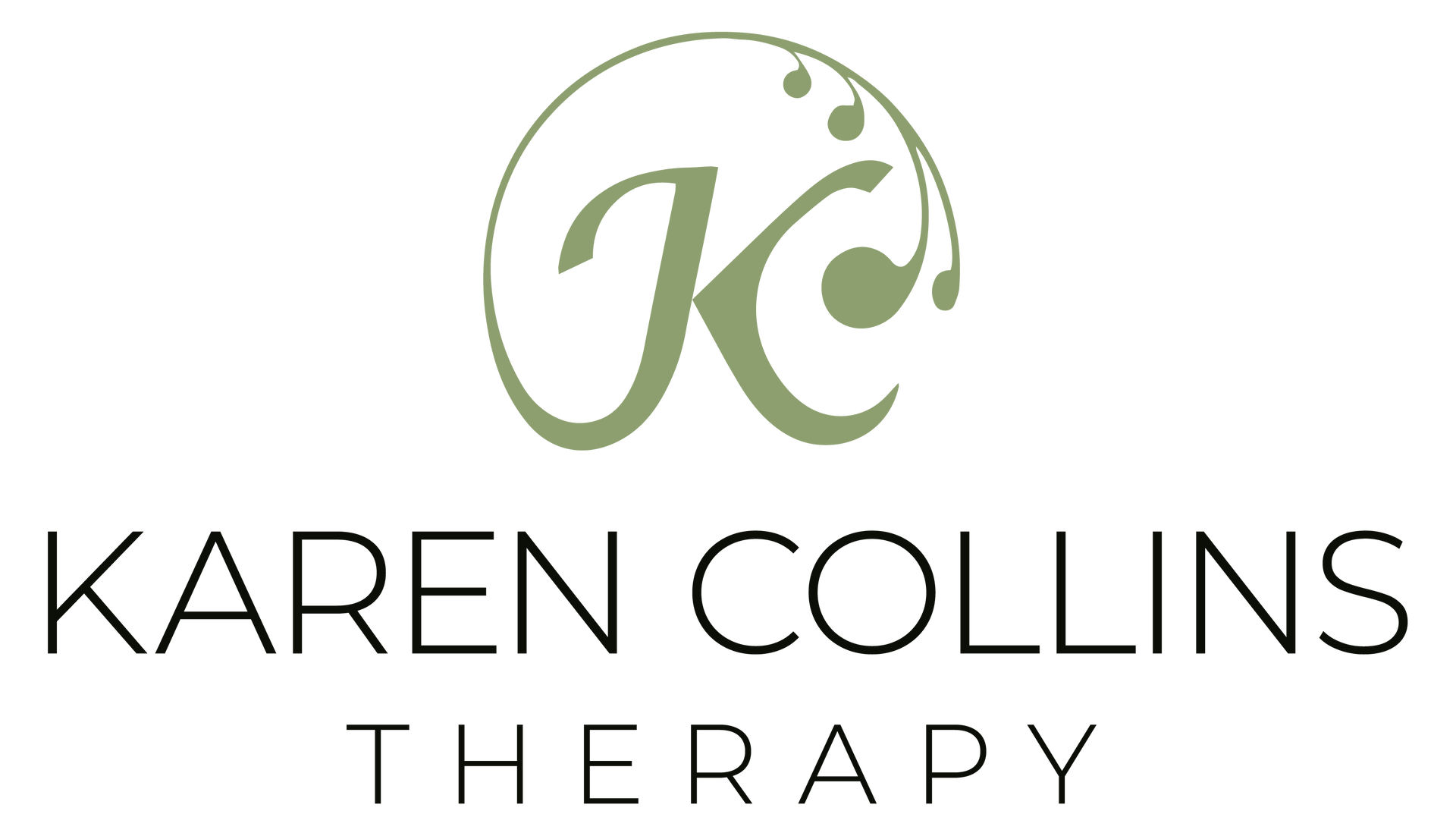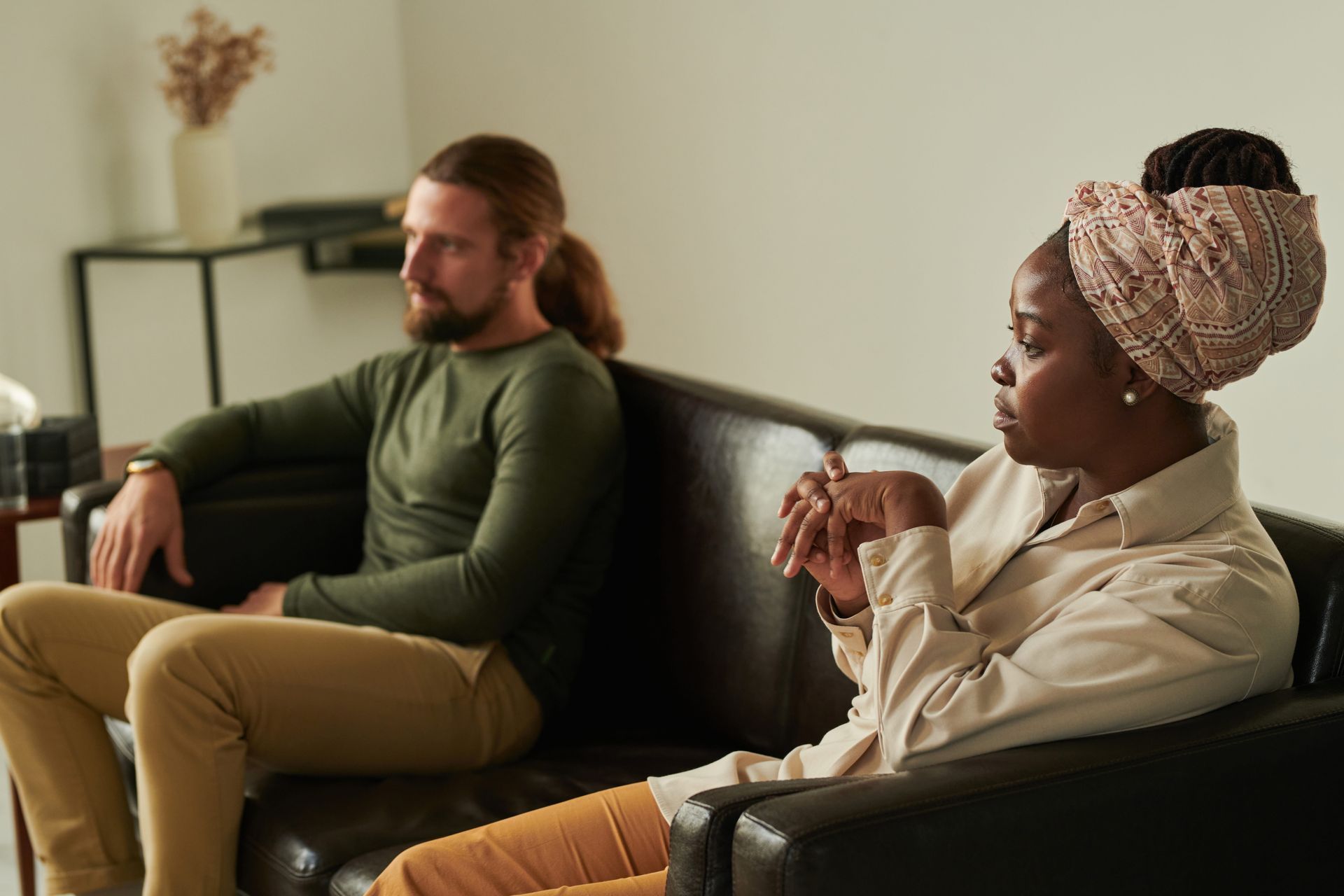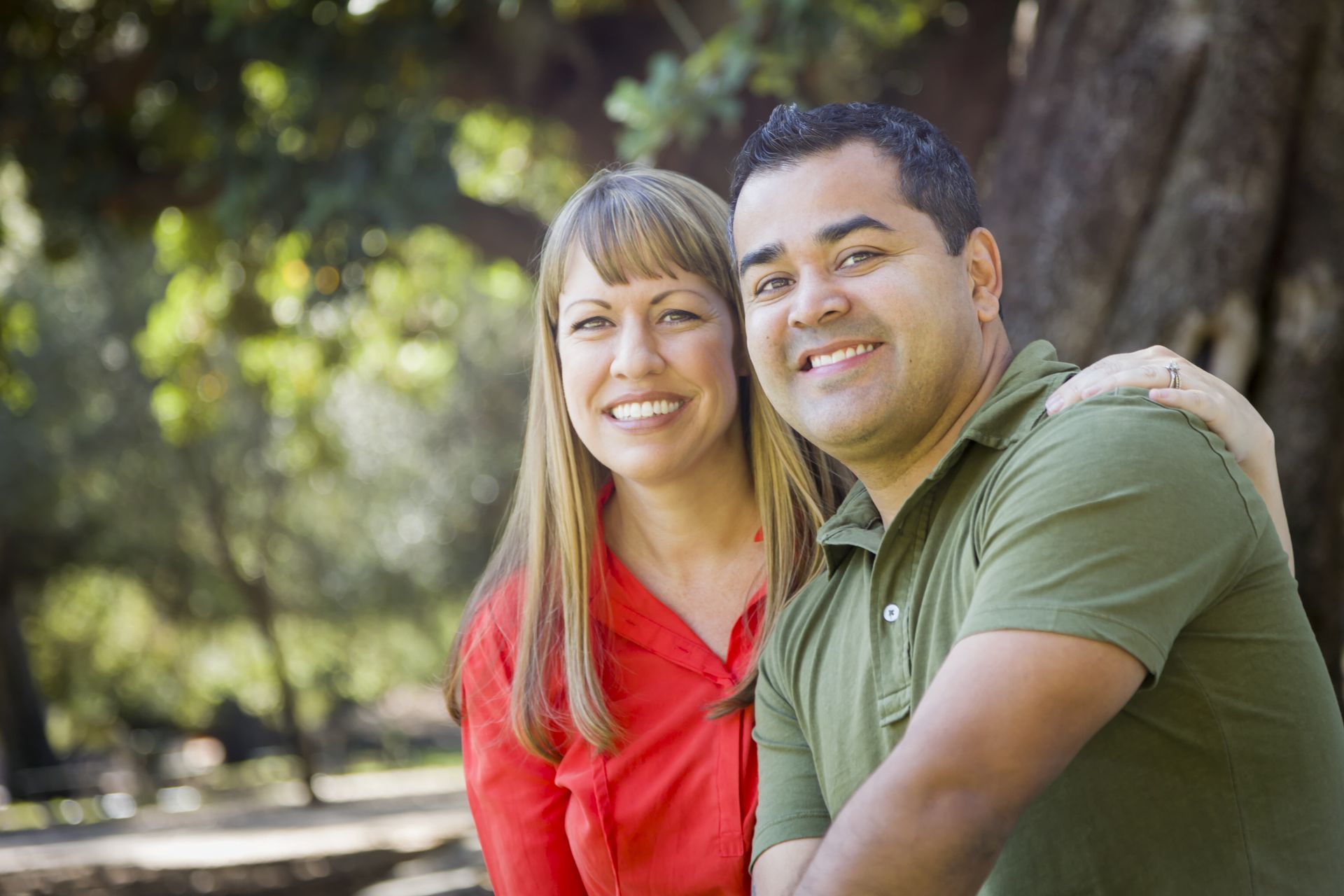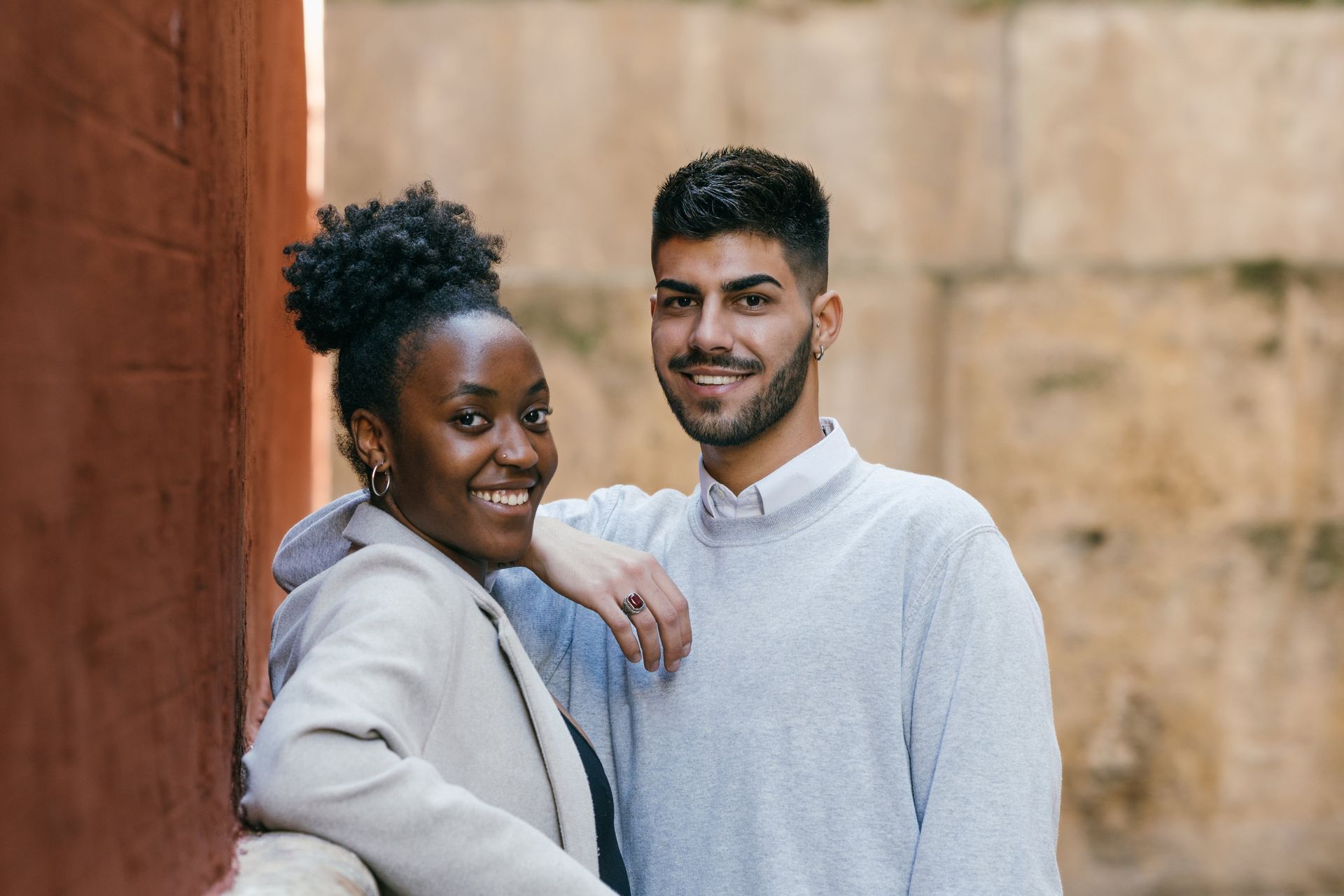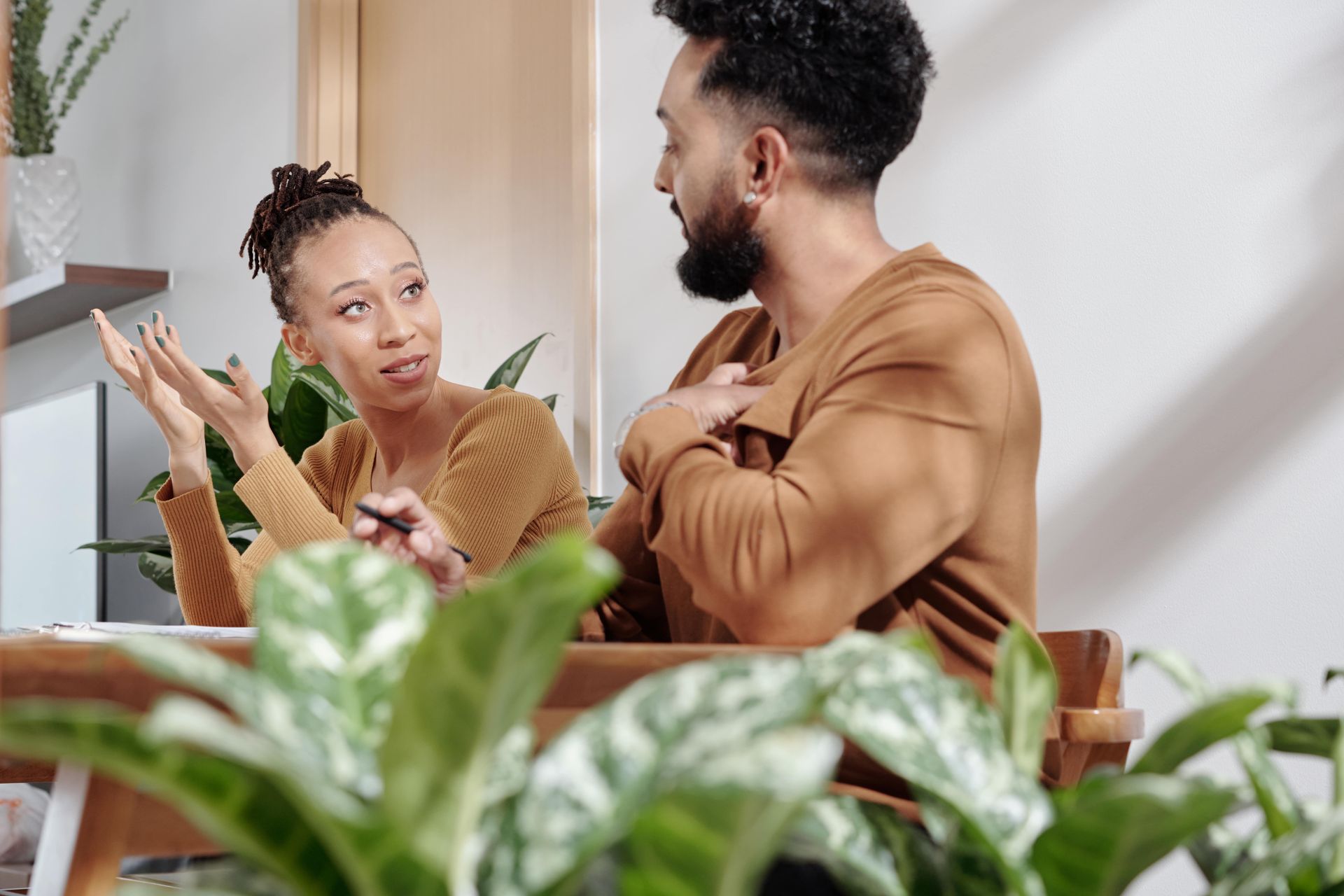How to improve communication in a relationship.
If you’re wondering how to improve communication in a relationship, you’re not alone. Strong communication is the foundation of healthy, lasting partnerships.
10 Effective Communication Strategies for Building Stronger Relationships
Learn how to improve communication in a relationship with 10 proven strategies that help couples connect, resolve conflict, and build lasting trust.
Introduction:
If you’re wondering how to improve communication in a relationship, you’re not alone. Strong communication is the foundation of healthy, lasting partnerships.
In this post, we’ll explore 10 expert-backed strategies to help couples understand each other, resolve conflict, and build deeper connection.
1. Active Listening:
One of the key components of effective communication is active listening. This involves fully focusing on your partner when they are speaking, without interrupting or formulating your response while they are talking. Practice reflective listening by paraphrasing what your partner said to ensure understanding.
2. Use “I” Statements:
Instead of blaming or criticizing your partner, use “I” statements to express your thoughts and feelings. For example, instead of saying “You never listen to me,” try saying “I feel unheard when you interrupt me.”
3. Practice Empathy:
Empathy involves putting yourself in your partner’s shoes and trying to understand their perspective. Show empathy by acknowledging your partner’s feelings and validating their experiences.
4. Be Clear and Direct:
Avoid vague or passive-aggressive communication. Be clear and direct in expressing your thoughts and feelings to avoid misunderstandings.
5. Communicate Non-Verbally: Communication is not just about words, pay attention to your body language, tone of voice, and facial expressions. Non-verbal cues can often convey more meaning than words alone.
6. Take Breaks When Needed:
If a conversation becomes heated or overwhelming, it’s okay to take a break and revisit the discussion later. Use this time to cool off, reflect on your feelings, and come back to the conversation with a clearer mindset.
7. Use Positive Language:
Focus on using positive language when communicating with your partner. Instead of criticizing or complaining, highlight what you appreciate about them or express gratitude for their actions.
8. Practice Constructive Feedback:
Offer feedback in a constructive and non-defensive manner. Use specific examples and focus on behaviors rather than personal attacks.
9. Set Communication Expectations: Discuss and establish communication expectations with your partner. This can include how often you check in with each other, how you handle disagreements, and how you show appreciation for each other.
10. Seek Professional Help:
If communication challenges persist or become too difficult to navigate on your own, consider seeking the help of a couples therapist. A trained therapist can provide tools and strategies to improve communication and strengthen your relationship.
Conclusion:
Effective communication is the foundation of a healthy and strong relationship. By implementing these communication strategies and being intentional about improving your communication skills, you can create a deeper connection with your partner and navigate challenges more effectively. Remember that communication is a continuous practice, so don’t be afraid to seek support when needed.

